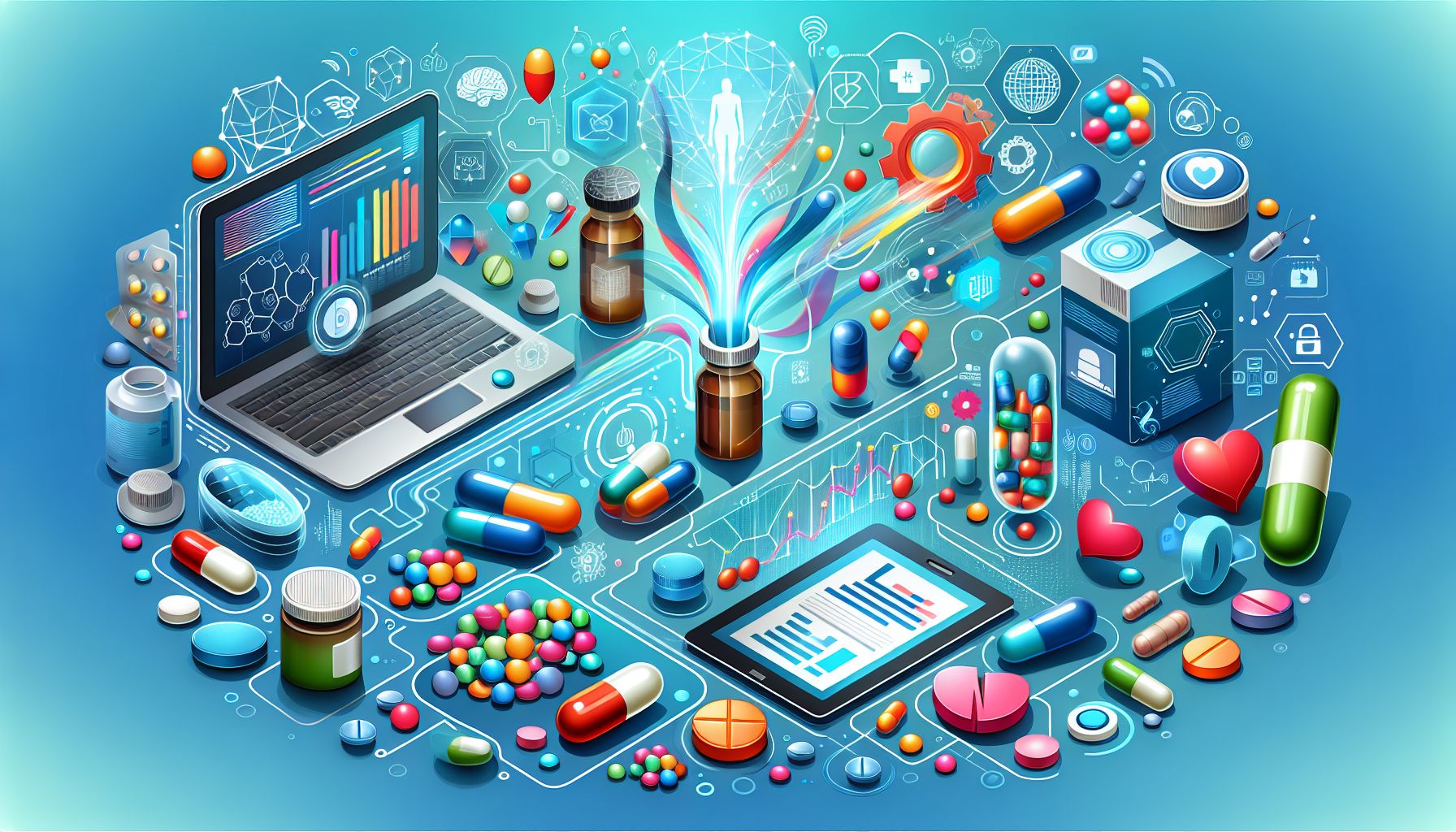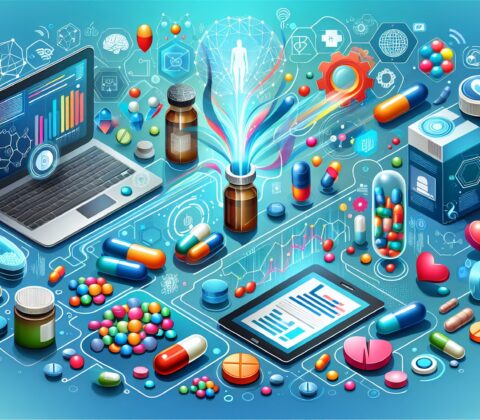

The Intersection of Technology and Pharmaceutical Products
In today’s fast-paced world, technology is constantly changing the way we live and work. One industry that has been greatly impacted by these advancements is the pharmaceutical industry. From drug discovery to patient care, technology has revolutionized the way pharmaceutical products are developed and distributed.
One of the key ways technology has transformed the pharmaceutical industry is through the use of data analytics. By analyzing large sets of data, researchers can identify patterns and trends that may lead to new drug discoveries. This process, known as big data analytics, allows pharmaceutical companies to more efficiently develop and test new medications, ultimately speeding up the drug development process.
Additionally, technology has also played a significant role in improving patient care. Telemedicine, for example, allows patients to consult with healthcare providers remotely, reducing the need for in-person appointments and providing access to care for those in remote or underserved areas. Furthermore, wearable technology, such as fitness trackers and smart watches, can help patients monitor their health and track medication adherence, leading to better health outcomes.
Furthermore, the rise of artificial intelligence (AI) has also had a profound impact on the pharmaceutical industry. AI algorithms can sift through millions of data points to identify potential drug candidates, predict patient responses to medications, and even personalize treatment plans based on individual genetic data. This level of precision medicine would not be possible without the help of technology.
While technology has undoubtedly revolutionized the pharmaceutical industry, it has also brought about its own set of challenges. From ensuring data privacy and security to addressing the digital divide among patients, pharmaceutical companies must navigate a rapidly changing landscape to utilize technology effectively. Additionally, the cost of implementing new technologies can be prohibitive for some companies, leading to disparities in access to cutting-edge treatments and healthcare services.
In conclusion, the intersection of technology and pharmaceutical products has led to groundbreaking advancements in drug discovery, patient care, and personalized medicine. While there are challenges that come with integrating new technologies into the pharmaceutical industry, the potential benefits for patients and healthcare providers are immense. As technology continues to evolve, so too will the ways in which pharmaceutical products are developed, distributed, and utilized to improve patient outcomes.
Comments are Disabled